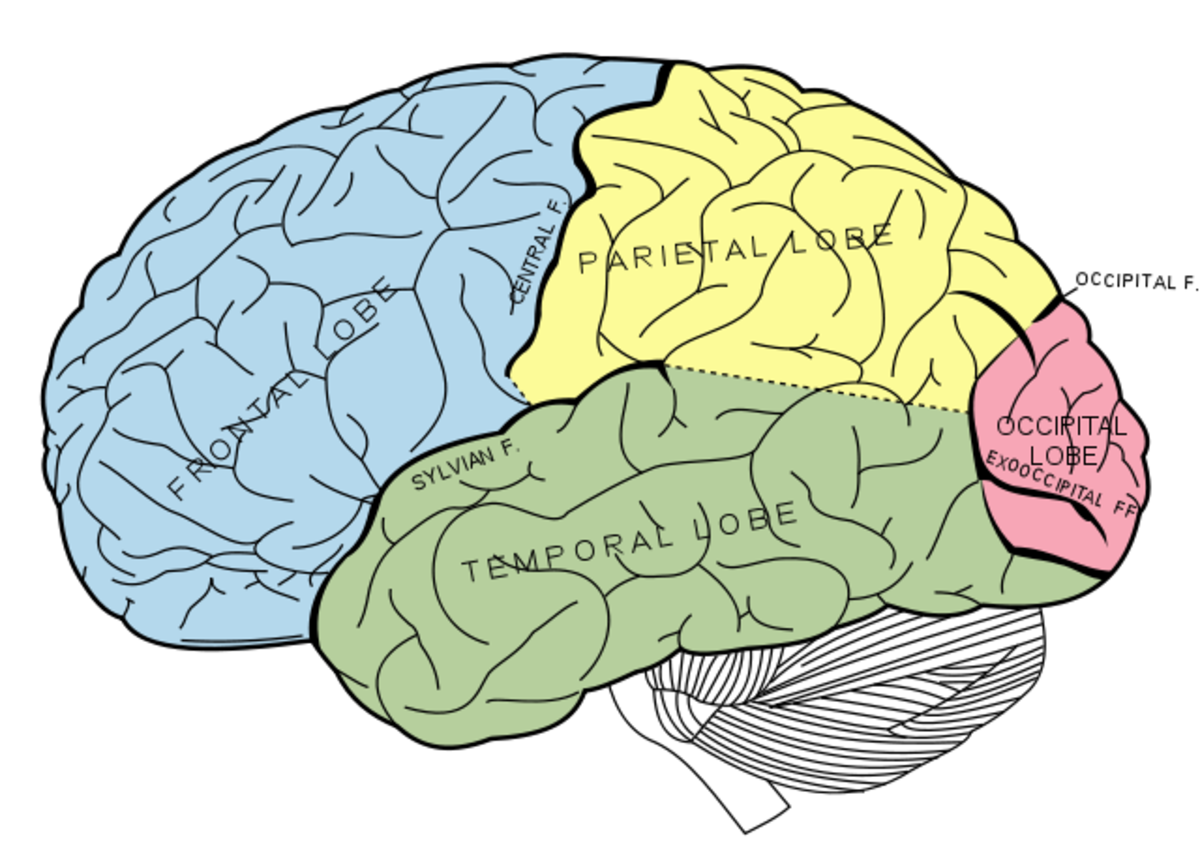How to improve memory and mood with the help of diet

To increase the concentration
Some days it seems that the work does not pay, right? For more focus to seek, always have something that just distracting us. If you need concentration, the tip of the experts is to include omega-3 in your meals. The nutrient can be found in oily fish, walnuts, pumpkin and flax seeds.
The consumption is important because the omega-3 helps to maintain levels of myelin, the substance present in the brain that helps improve mental performance. To enjoy the benefits, bet on snacks with nuts and seeds.
It is worth remembering that omega-3 can also yield some more years of life, besides being beneficial for the brain.
To maintain a good mood
If the day is not going well, you may need a little help from the menu to enhance the mood. It is important to look for foods that contribute to increasing levels of dopa mine, the hormone of well-being, and serotonin, which yields a sense of serenity.
Sugary and fatty foods help release dopa mine, but cause peaks that will solve the problem only briefly. The ideal is to keep the hormone levels constant, which just happens to consume protein, including soy, almonds and eggs.
But if the idea is to eat something that has immediate effect, the chocolate has no bugs!
In the case of serotonin, carbohydrates may provide a peak of the hormone, but the proteins are eggs and meat that will make sense of serenity last longer.
To memory
The ability to remember things depends on how the brain manages to establish connections. And to produce them, the cells need a little help of special substances that certain foods can help release.
So bet on eating liver, eggs and soy, which contribute to the production of choline, a substance to help you remember things. Vegetables such as cabbage, broccoli and cauliflower may also contribute to mental work, but they should be consumed regularly.
How to Improve Memory in Few Steps
Memory is the motto for the experience, the fundamental pillar of knowledge and therefore should be crafted and stimulated. It is possible to improve memory, how interprets and stores information inside your brain.
Before moving to the tips themselves, it should minimally perceive the process of memory. The memory is divided into two distinct processes: acquisition and recovery.
The acquisition memory can take it for a short memory or long term, depending on the importance and repetition that given that memory (read repeat for a varying number of times determined recovers memory). In turn, recovery is the process of using the repository of information stored in the brain and bring it to the conscious or to carry out any mechanical task (procedural memory).
Improve memory is almost as maintain and improve the body
Since the quality of memory depends on the work that is done on it, or the number of times she uses, then it is possible to develop and improve memory.
As the body, which can be worked and maintained following a set of methods, such as healthy diet, exercise, daily habits, etc.. The brain also has a set of practices that can work and, consequently, improve memory.
Mental exercise
Keeping the brain in permanent challenge is the best way to preserve and nurture. It is a question of stimulus. We are likely to take more attention and want harder when we stimulate. The same happens to the brain and memory. Sometimes remain in a continuous study of new materials not only is it becoming more capable or develop new qualities, in fact, this ongoing challenge is important for your mental health.
As their muscles, and as previously mentioned, the ability to memorize is made dependent on a given recurrence memory. If you do not use it, you will lose it. The more working for the brain, better make the process of acquisition and memory retrieval. Remain interested in new knowledge related to their areas of interest not only improves its performance but also helps improve memory processes.
Break the routine
This is another way to stimulate the brain. The routine and habits are mechanical, so, the brain activity is minimal when following repeatedly routine. In fact, all his actions are developed on autopilot. This behavior prevents the brain to develop new neural connections. These links allow you to create new ways of processing information, increasing the ability to memorize.
Make new things, do not go by the same route to work, listen to new genres of music, let the television and grab a book, interact more with a great diversity of people. Your ability to memorize to be dependent on these breaks routine.
Attention
The attention that lends a certain matter has results in the respective memory. So if you want to improve memory necessarily have to pay more attention to the issues that you want to memorize. The insistence on words like focus and concentration is not in vain, not because we have to say something. In reality, focus and concentration allow more than done with panache: allow internalize to facilitate future work.
Is already imagine what is to facilitate future work, no? Okay, make future work more easily because it is only possible because the memory and used to store contact information when focused and concentrate on the first, second and / or third realization. The experience is this, a highly developed memory and crafted in a certain area.
Resorting to associations
The association is probably the most happening and the procedure used to recover memories. Our brain uses associations to retrieve information. So why not push and hold associations consciously? A colleague of mine uses mnemonics to memorize, more specifically the acronyms. When you have a list of topics or words to remember, builds an acronym that is not more than the first letter of each word.
Whenever possible, these initial letters commands so that the acronym word to generate a new direction. This is a facilitator of memory. I refer to the very rhythm and finger movements while reading. This exercise helps to memorize in situations where it is not reading.
What happens in the brain is that it uses three main variables to store: association, imagination and location. A good practice to improve memory through association is to start now today to decorate small lists instead of typing. For example, your list of grocery shopping. The next time you go shopping do not take a role, try decorating your list. To do refer to something that helps decorate the list as a rhythm. At the end will have a shopping list sung. Sing the song.
Brain food for diet
Again health and physical body comes up. The rules say that the physical well-being? Eating healthy, right? With your brain and memory precisely the same thing happens. The brain needs a power as specific as its complexity. There are foods that help maintain the mental capacity and therefore the memory.
Studies show that Omega-3 is great for memory - in fact improve it. On the other hand the fat present in butter and in red meats can impair memory and cognitive processes. This information proves that power is not only important for physical health, food has an important action on mental health.
Create a diet in favor of the brain. For that eat foods rich in Omega-3, fruits and vegetables - that are rich in antioxidants, a substance that protects brain cells and drink green tea. Foods rich in vitamin B, C and E are highly beneficial for mental health and memory.








